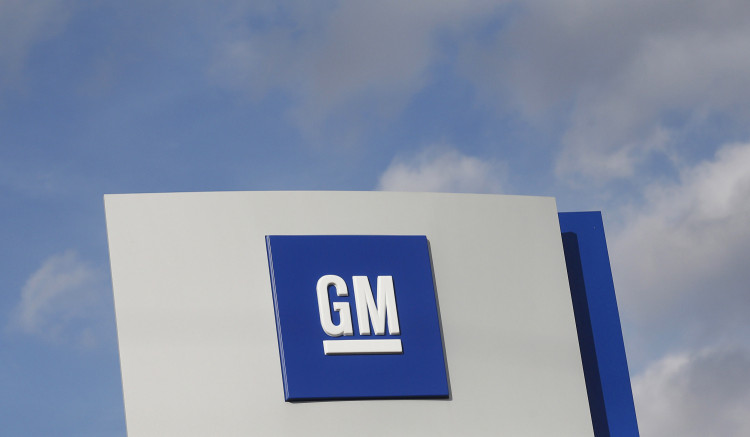General Motors reported a 35% decline in second-quarter profit Tuesday, driven by a $1.1 billion hit from President Donald Trump's new tariffs, which the company warned will have an even greater impact in the second half of 2025. GM reaffirmed its full-year forecast but acknowledged that trade headwinds could shave as much as $5 billion from its bottom line.
For the quarter ended June 30, GM posted net income of $1.89 billion, or $1.91 per share, down from $2.93 billion, or $2.55 per share, a year earlier. Adjusted earnings were $2.53 per share, beating Wall Street estimates of $2.34. Revenue slipped to $47.12 billion from $47.97 billion in the prior year, but still topped expectations of $45.84 billion.
The company's adjusted core profit fell 32% to $3 billion. GM said it is working to offset at least 30% of the $4 billion to $5 billion in expected gross tariff impact through pricing, manufacturing shifts, and cost controls.
"We are positioning the business for a profitable, long-term future as we adapt to new trade and tax policies, and a rapidly evolving tech landscape," CEO Mary Barra said in a letter to shareholders. She added that GM is investing $4 billion into U.S. plants across Michigan, Kansas, and Tennessee as it attempts to "greatly reduce our tariff exposure."
The Detroit-based automaker also stuck with its revised full-year outlook, projecting $10 billion to $12.5 billion in adjusted earnings before interest and taxes, a forecast it lowered in May due to mounting tariff pressures.
EV sales climbed to 46,300 units in the second quarter, up from 31,900 in the first. However, GM acknowledged that broader U.S. EV market growth is slowing, exacerbated by the scheduled expiration of $7,500 federal EV tax credits in September. Barra wrote, "Despite slower EV industry growth, we believe the long-term future is profitable electric vehicle production, and this continues to be our north star."
Chief Financial Officer Paul Jacobson said GM's warranty expenses rose during the quarter due in part to software-related issues in its early EV lineup. He noted that GM extended warranties as needed and is working to improve supplier quality.
The tariff impact is expected to intensify in Q3 due to indirect cost carryovers. Still, Jacobson expressed optimism: "Over time, we remain confident that our total tariff expense will come down as bilateral trade deals emerge and our sourcing and production adjustments are implemented."




